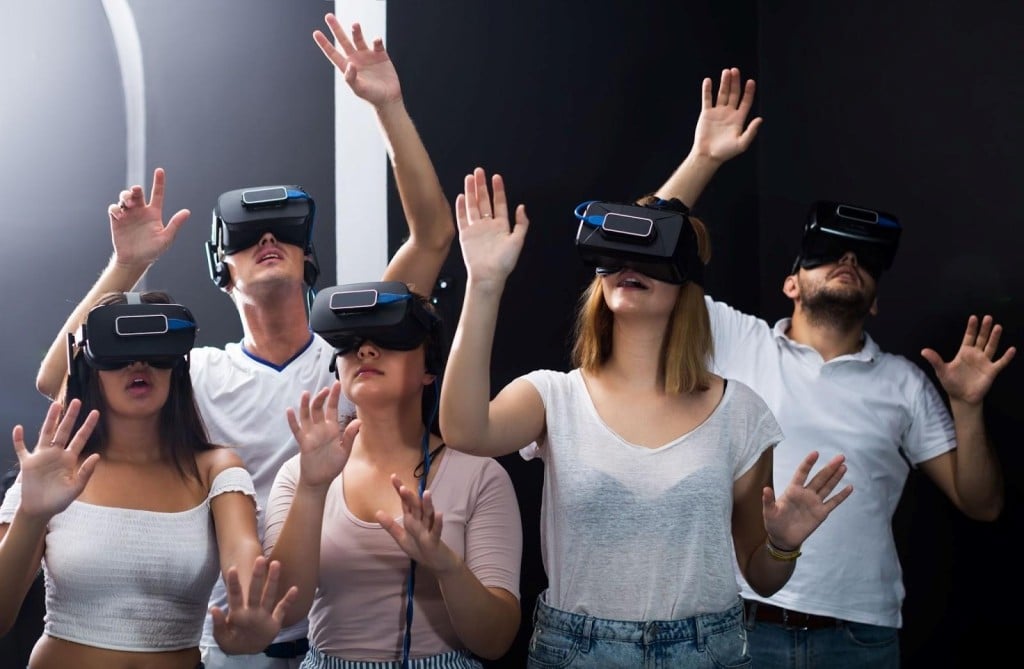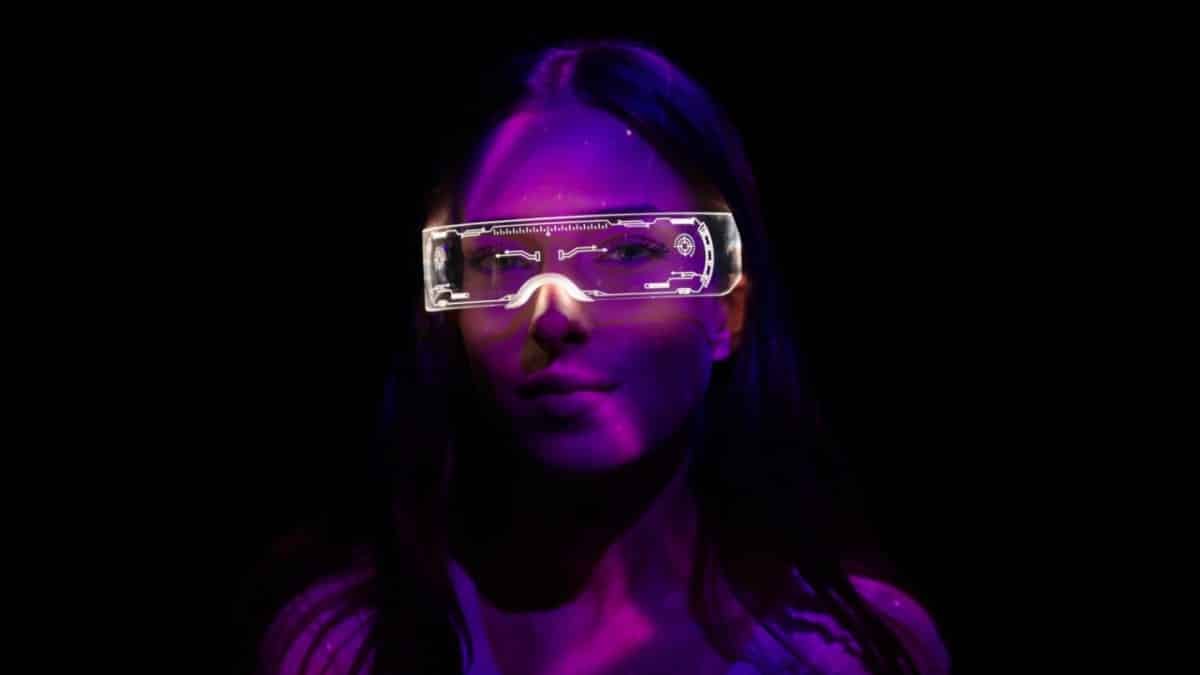
Meet Our Developers, Who Scale Digital Everest
The metaverse is making headlines—but the innovation behind it has been years in development and is still just beginning. While many business leaders remain unsure how it fits into their strategy, one thing is clear: the metaverse is poised to reshape the digital economy.
This immersive, 3D digital space enables users to buy and sell assets, sign contracts, recruit talent, and engage with customers in entirely new ways. Built on principles of freedom and decentralization, the metaverse allows identities, digital assets, and experiences to move freely across platforms—without being locked into a single corporate ecosystem.
Unlike today’s internet, the metaverse is persistent. It continues to evolve in real time—even when users log off—ushering in a new era of continuous virtual presence and opportunity.
Los Angeles Software Developers –
Building the Future Across Industries
Our Developers Live and Breathe the Metaverse
When it comes to “the metaverse,” there are few business leaders who consider themselves experts. Some may wonder if this has any impact on their companies. In a nutshell, the answer is yes.
A number of metaverse concepts are already taking shape in the real world, however. Eventually, others will follow. They spend money to build customer loyalty, connect with their communities in new ways to increase revenue.
However, caution is warranted. The metaverse is on fire, despite the fact that the underlying technological trends have been in place for years. Since a true metaverse, as tech visionaries envision it, is still years away, this innovation, like the internet in its early days, is likely to contain pockets of speculation, overvaluation, and poor investment. Metaverse leaders aren’t necessary for all businesses.
In either case, you’ll be able to peer into the workings of a Chinese factory from the comfort of your desk, or you’ll be able to use a VR headset in our lobby while on vacation in Hawaii and shake hands with a local manager.
A digital version of you could even be sent to the plant while another is present at a board meeting. It is possible for customers to test drive a variety of vehicles at different virtual dealerships and feel the wind in their hair. While your physical factory continues to operate in the background, your virtual factory will continue to produce for you. When the next virtual driver arrives, the virtual car will be ready for him or her to take control of it. Customers in their 20s and 30s are already experimenting with virtual dressing.
Developing and maintaining trust may no longer be possible in a world where billions of people and organizations exchange assets, transactions, and identities in both physical and virtual worlds.

